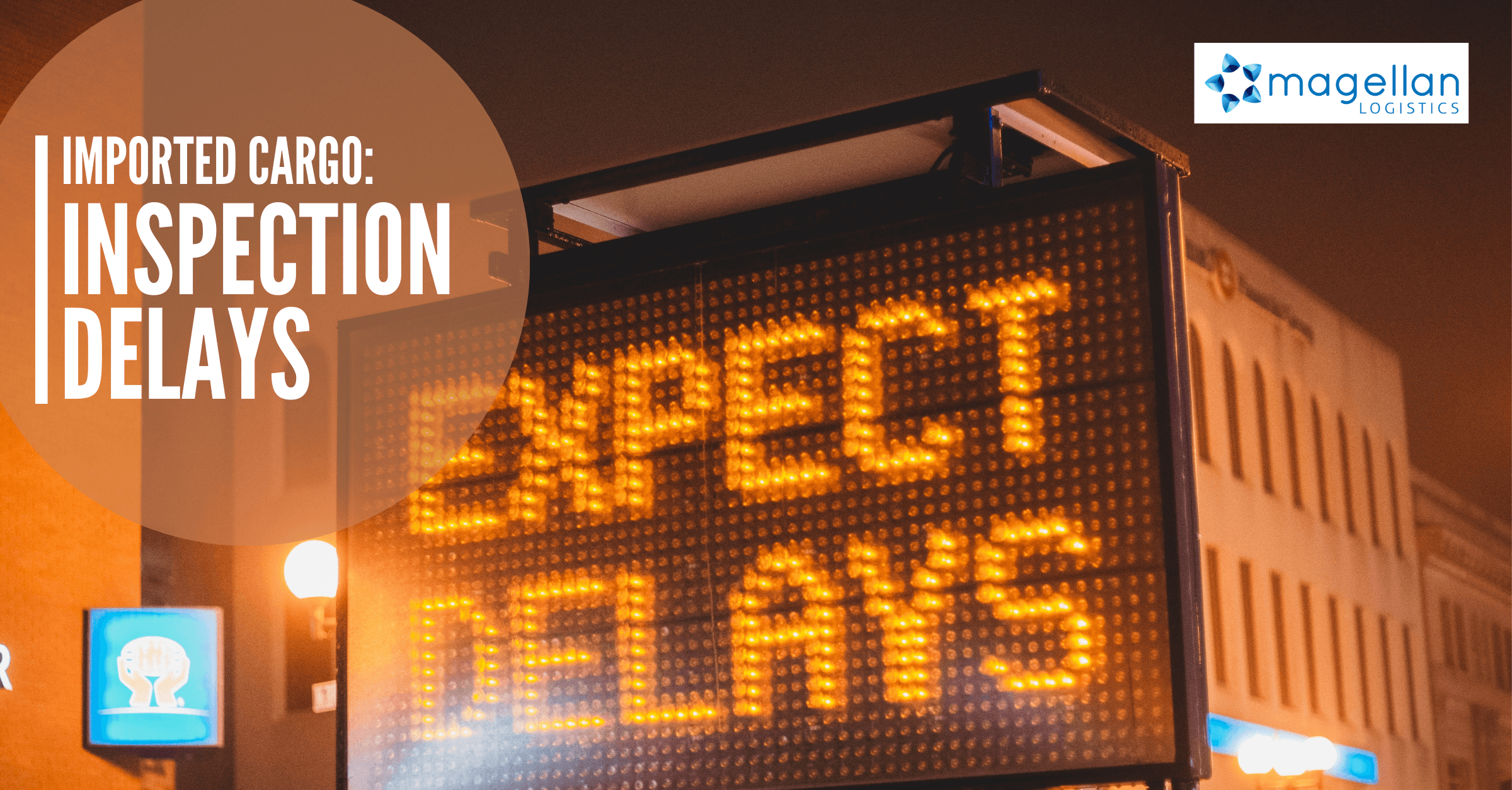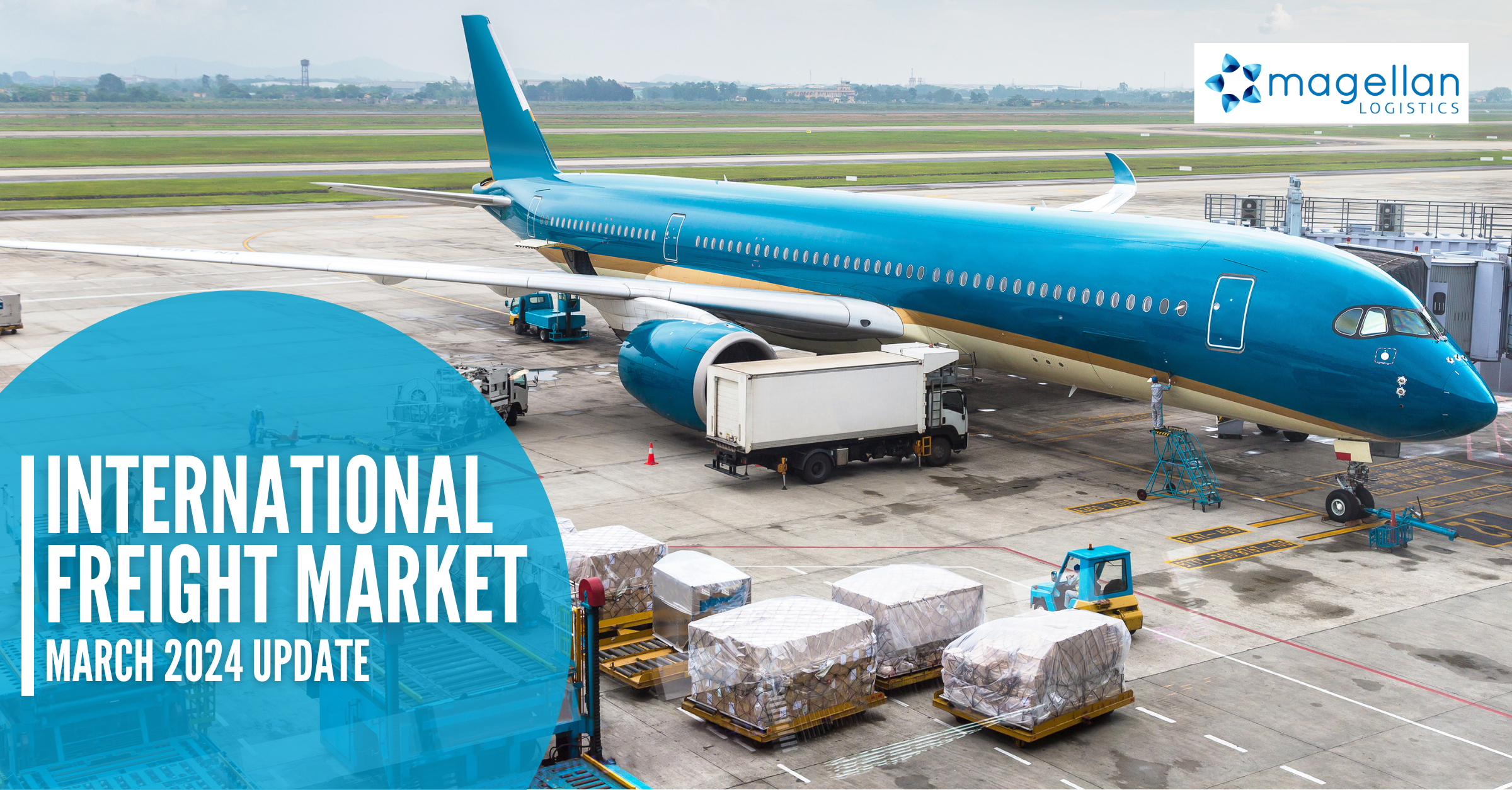Lengthy inspection delays experienced at our borders are due to a combination of high volumes of incoming cargo, Australian borders recently reopening to passengers and cruise vessels, a changing biosecurity risk profile, and the ongoing impacts of COVID-19. The Department of Agriculture, Water and the Environment (DAWE) is reporting extremely long lead times for booking inspection appointments.
Other causes the Department has highlighted include the ongoing challenges associated with recruitment and retention of biosecurity staff and the slow industry uptake of the Biosecurity Portal and virtual visual label inspections for eligible imported surveillance food.
According to DAWES, the Department continues to experience high volumes of inspection requests and services, especially throughout Victoria and New South Wales. Consequently, this demand will challenge its ability to meet service standards for inspection bookings for the foreseeable future.
Imported cargo declarations from 1 July 2021 to 28 February 2022 increased by 17% compared with the same period last year. Since January 2022, the Department has handled more than 20,000 client-initiated inspection bookings in Victoria and New South Wales. In 2021, the Department responded to over 2,000 post border biosecurity detections, and so far this year, they have detected 480 breaches. Some of these have required the redirection of significant resources to investigate and manage.
The delays importers are experiencing are considerable. In some cases, inspections are being rescheduled, often at short notice. It is not uncommon for DAWE to provide an inspection appointment for a date two to three weeks after the initial request. FCL consignments are the most heavily impacted, with container detention fees sometimes accruing before inspection dates. Magellan Logistics has raised this concern with the DAWE directly, as well as industry bodies who are working on improvements.
What is being done?
DAWES acknowledges the difficulty clients are experiencing due to the inspection delays. It has responded by diverting resources from other areas to assist with the surge in numbers across the inspection and booking functions. All efforts are being made to meet service standards while also managing increasing biosecurity risks.
Yesterday, Freight & Trade Alliance (FTA), which continues to engage with DAWE through official forums and bilateral meetings, met with senior departmental executives to express industry concerns over the significant (and ongoing) biosecurity inspection delays. They emphasised the significance of these delays in compounding inefficiencies and costs to importers on sustained high freight rates, surcharges, Terminal Access Charges and container detention fees.
DAWE is diverting resources from other areas to assist with surge capacity, particularly across the inspection and booking functions. New recruits are being deployed. The Department is available to inspect cargo on weekends and outside regular business hours, prioritising inspection requests for perishable Air Freight consignments and live animal imports. They are also prioritising the bringing forward of delayed appointments for other cargo. The Department continues to implement new initiatives and technologies to streamline its work, including changes to IT systems, the phased deployment of the Biosecurity Portal to automate the booking process, and the automation of assessment and workload management systems. These initiatives will provide efficiencies, including time and cost savings to the industry.
Magellan Logistics always prepares to pre-clear shipments as early as possible. This approach has allowed us to reduce the impact of inspection delays on our clients. However, factors beyond our influence, such as DAWE’s random shipment selection and late documentation, mean that some delays are unavoidable. Please continue to provide commercial clearance documents as early as possible to avoid or minimise delays and the associated extra costs.
We know many of you are feeling beset with challenges as you try to go about your day to day business. We are here to help, so please get in touch with your Magellan Customs Broker or our Client Services team if you have a clearance we can help with. For more information about avoiding delays with Border Force, please download our guidebook. Thank you for your patience and cooperation.
DAWES biosecurity risk focus
During this period of enormous trade and global pandemic disruption, DAWES has detected and managed many biosecurity risks.
Australia is lucky to be free from many of the world’s most damaging pests and diseases. However, serious biosecurity risks such as khapra beetle, invasive ants, giant African snails, and brown marmorated stink bugs have been detected at the border. They require active management to prevent their establishment in our environment.
Exotic plant pests are capable of damaging our natural environment, destroying our food production and agriculture industries, and some could change our way of life.
They also manage the escalating danger of some significant animal diseases moving closer to our shores. For example, lumpy skin disease continues to spread in our region, with 18 countries officially reporting outbreaks for the first time. Japanese encephalitis has been found in more than 60 piggeries in four states of Australia. An outbreak in Australia would significantly impact cattle health and present a severe risk to Australia’s live and boxed beef and dairy trade.
Sources:
https://www.awe.gov.au/biosecurity-trade/import/industry-advice/2022/58-2022
https://www.awe.gov.au/biosecurity-trade/import/industry-advice/2022/68-2022













